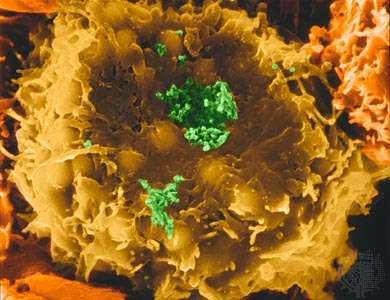By
Natumi Araya et al.
Human T-lymphotropic virus type-1 (HTLV-1) is a human retrovirus that causes HTLV-1 associated myelopathy/tropical spastic paraparesis (HMA/TAP) and adult T-cell leukemia (ATL). A higher viral load in individuals with HTLV-1 infection increases their risk of developing HAM/TSP and ATL. Reduction of the number of HTLV-1 infected cells is very important, however preventing and treating HTLV-1 associated diseases are unclear. Recently, fucoidan, a complex sulphated polysaccharide derived from marine seaweed, has been demonstrated to exert an inhibitory effect on HTLV-1 infection in vitro. We examined the effects of fucoidan on HTLV-1 infection.
(Examination Method and Result)
Thirteen patients with HAM/TAP were treated with 6 g fucoidan daily for 6 – 13 months and analyzed HTLV-1 proviral load in the peripheral blood.
As for the result, Fucoidan inhibited the HTLV-1 made it decrease by 42.2 %. For this reason, fucoidan can impede or stop the spread of HTLV-1 infection in the body. During the treatment, no exacerbation was observed. Additionally, it recognized inhibiting cell to cell HTLV-1 infection as well.
In conclusion, fucoidan is a new potential therapeutic agent without any side effects for the prevention and treatment of HTLV-1 associated diseases.

Reference: The Human T lymphotropic virus type-1 (HTLV-1) was the first human retrovirus identified. The virus is transmitted through sexual intercourse, blood transfusion, sharing of contaminated needles or syringes and from mother to child, mainly through breastfeeding. In addition to the well-known association between HTLV-1 and HTLV-1-associated myelopathy/tropical spastic paraparesis (HAM/TSP), several diseases and neurologic manifestations have been associated with the virus. (http://www.scielo.br/scielo.php?script=sci_arttext&pid=S0037-86822012000500002)
